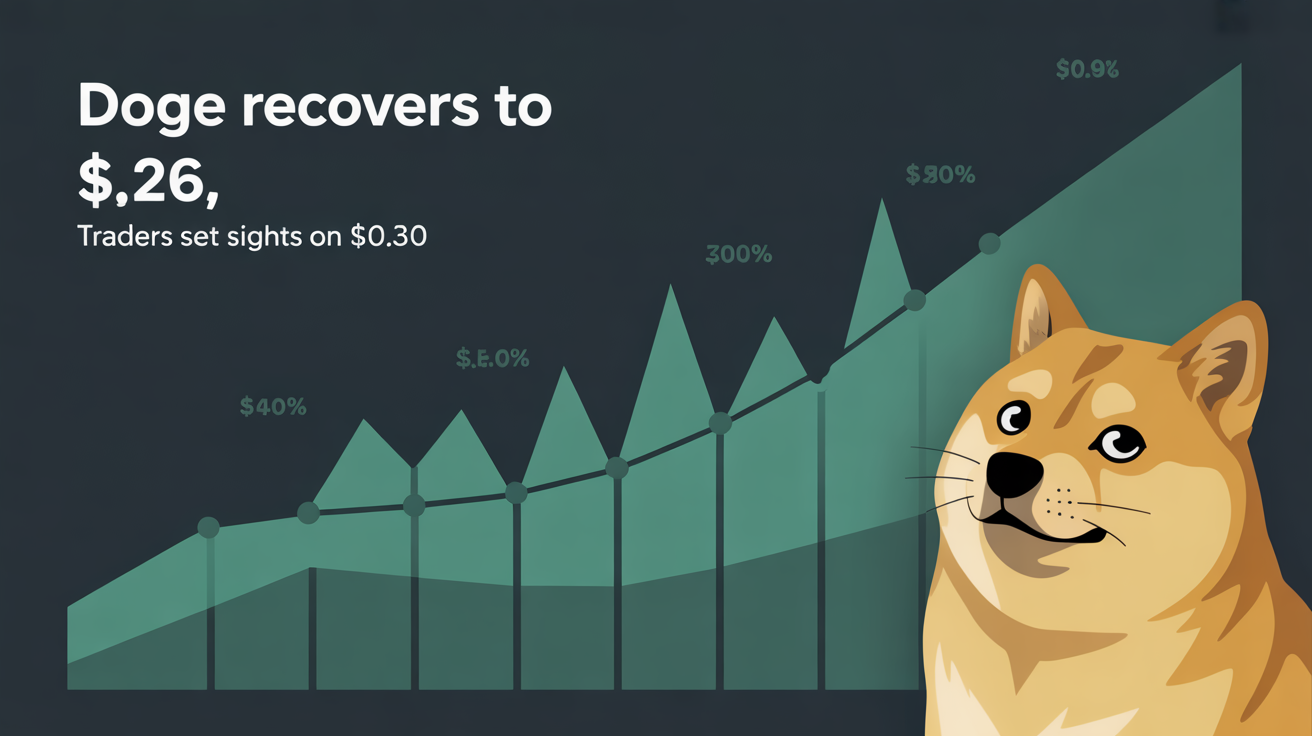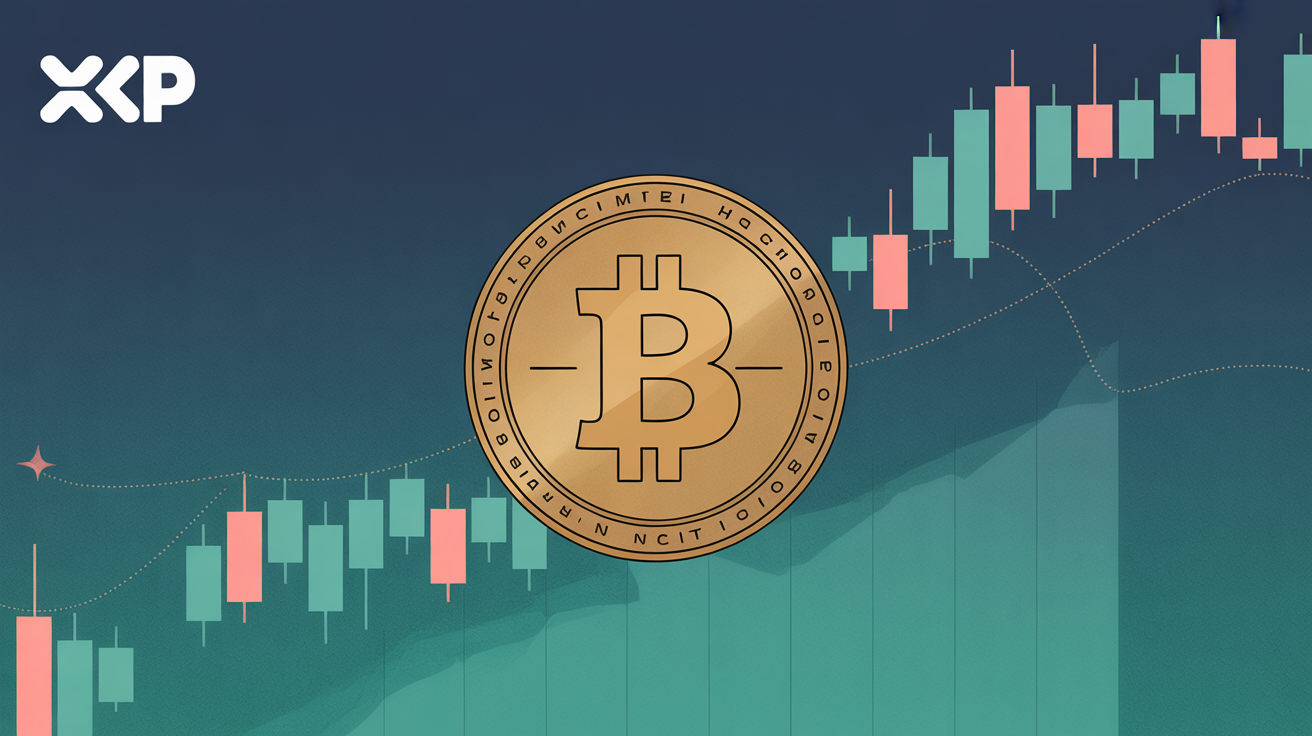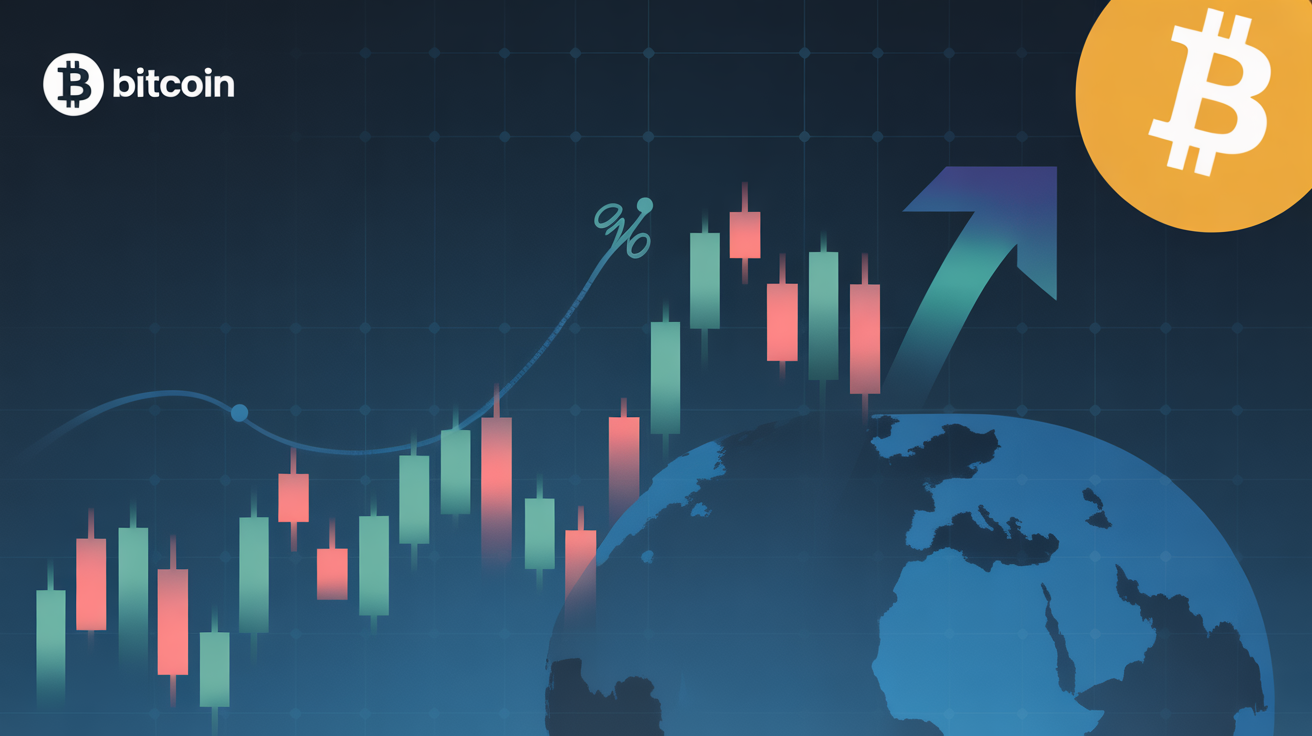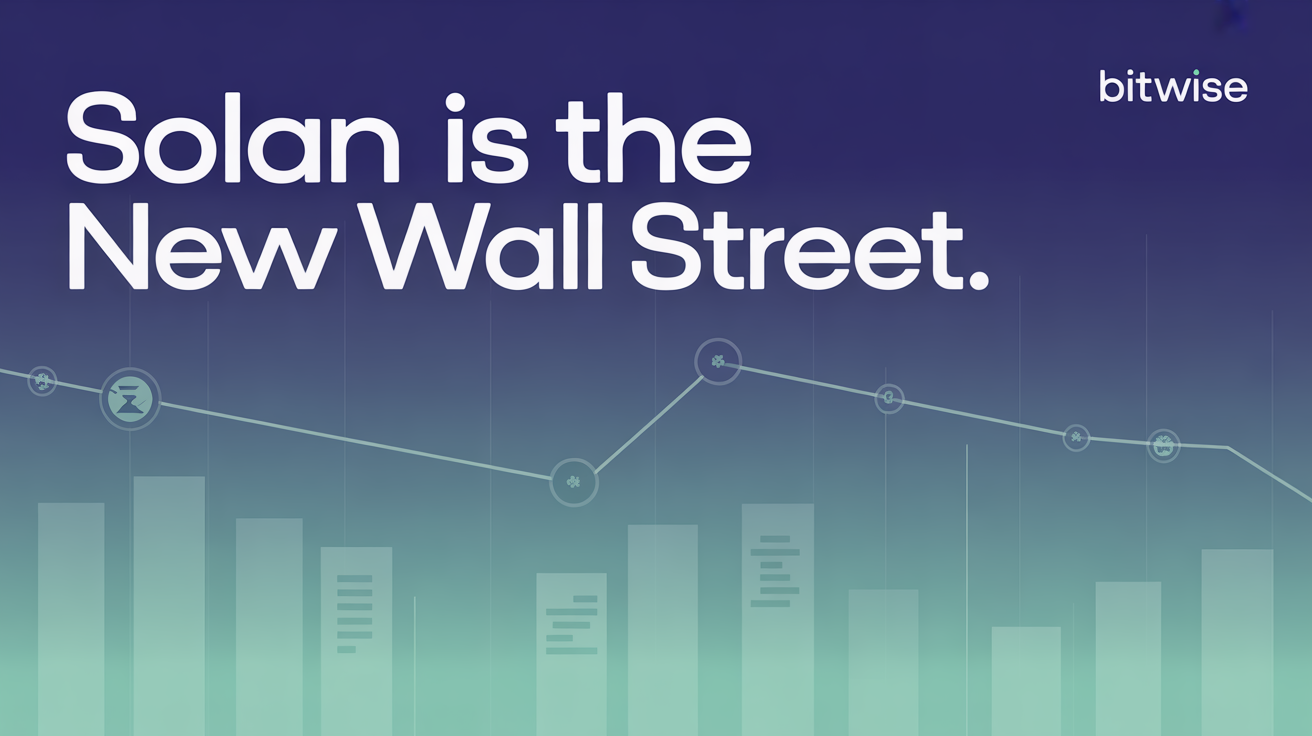
Deloitte Forecasts Tokenized Real Estate Could Reach $4 Trillion by 2035
The future of real estate financing and ownership is shifting, with tokenization emerging as a pivotal technology, according to a new report from the Deloitte Center for Financial Services published Thursday.
Deloitte forecasts that the global tokenized real estate market could skyrocket to $4 trillion by 2035, growing at a compound annual growth rate (CAGR) of 27% from its current valuation of less than $300 billion.
Tokenization of real-world assets (RWAs) has become one of the hottest sectors at the crossroads of blockchain innovation and traditional financial markets. The process involves turning physical assets, such as real estate, bonds, and funds, into digital tokens on blockchain networks, allowing for easier transfer of ownership and more efficient transactions.
For the real estate industry, tokenization offers a range of operational benefits, including lower costs, faster settlements, and greater investor access. According to the report, the ability to automate complex financial agreements is one of the key advantages of tokenization. For example, real estate funds can be launched on-chain, where smart contracts can manage ownership transfers and capital flows. Deloitte pointed to Kin Capital’s $100 million real estate debt fund, which uses the Chintai platform for tokenization and trust-deed-based lending as a successful case study.
The report identifies three primary categories of tokenized real estate: private real estate funds, securitized loan ownership, and land development projects (including undeveloped or under-construction land). Of these, tokenized debt securities are projected to dominate, with a market value reaching $2.39 trillion by 2035. Tokenized private funds are expected to contribute approximately $1 trillion, while land development assets could account for about $500 billion.
Despite the promising growth potential, the report also highlights several challenges that need to be addressed before tokenized real estate can reach its full potential. These include regulatory uncertainties, issues around asset custody, cybersecurity threats, and the complexities of managing defaults.
As the sector matures, it is clear that tokenization could revolutionize how real estate is financed and traded, offering greater liquidity and access to global markets for investors and property owners alike.




















